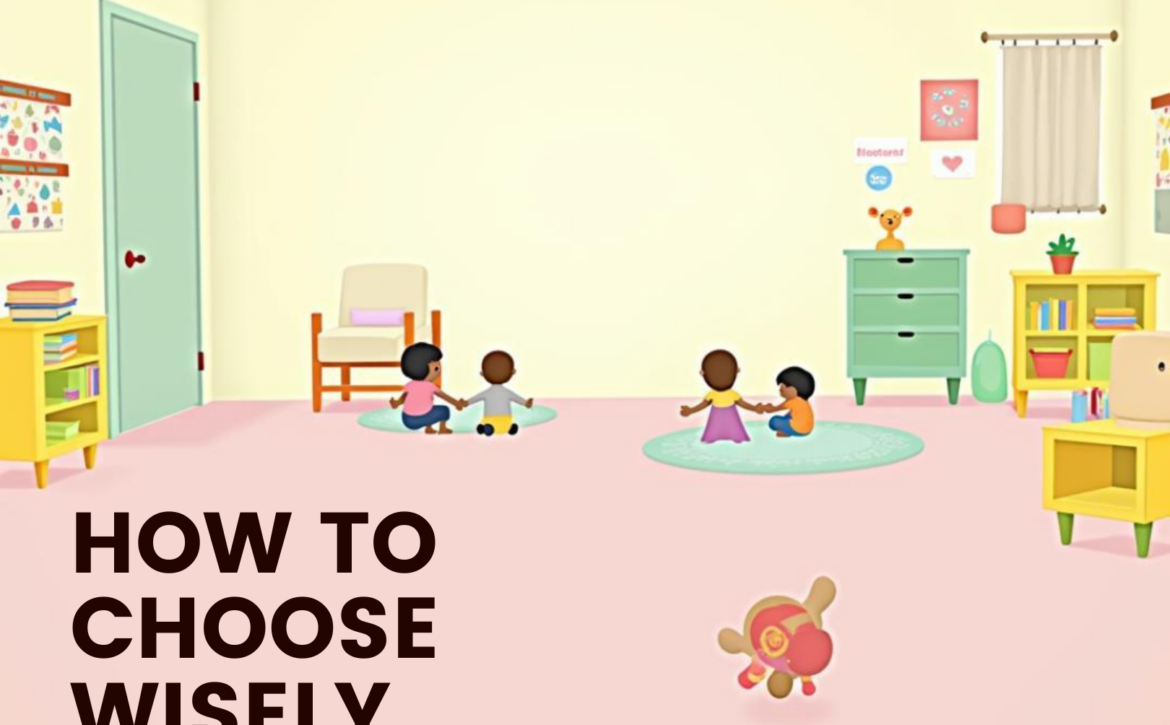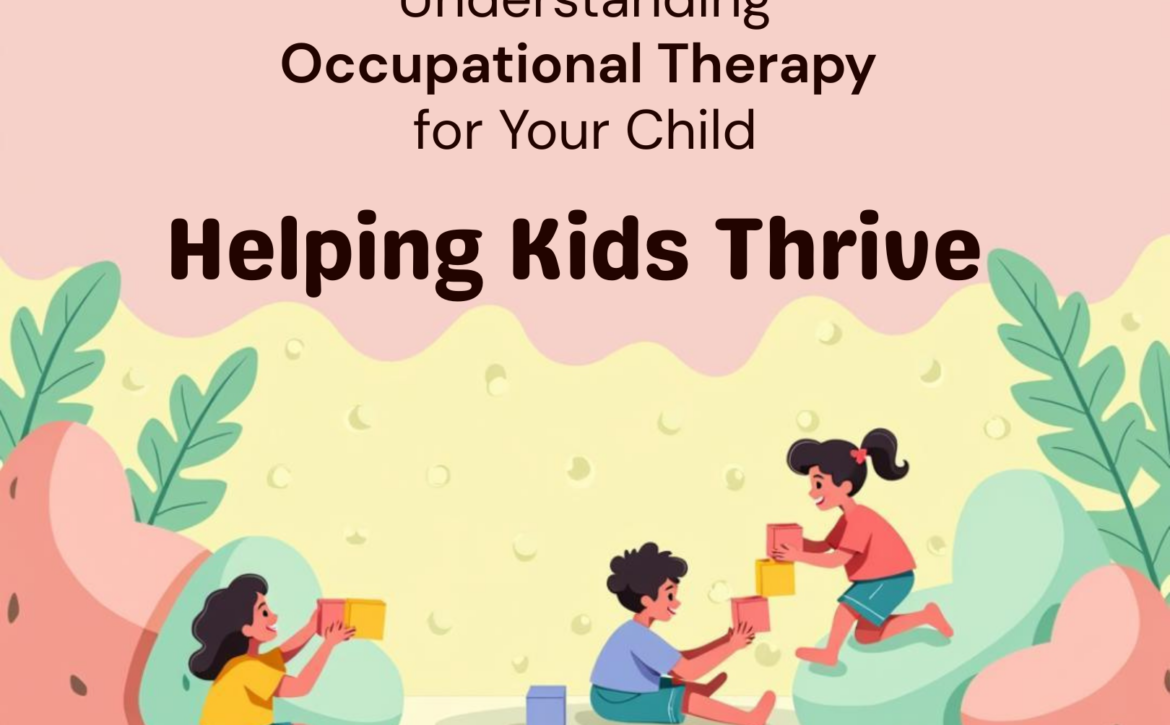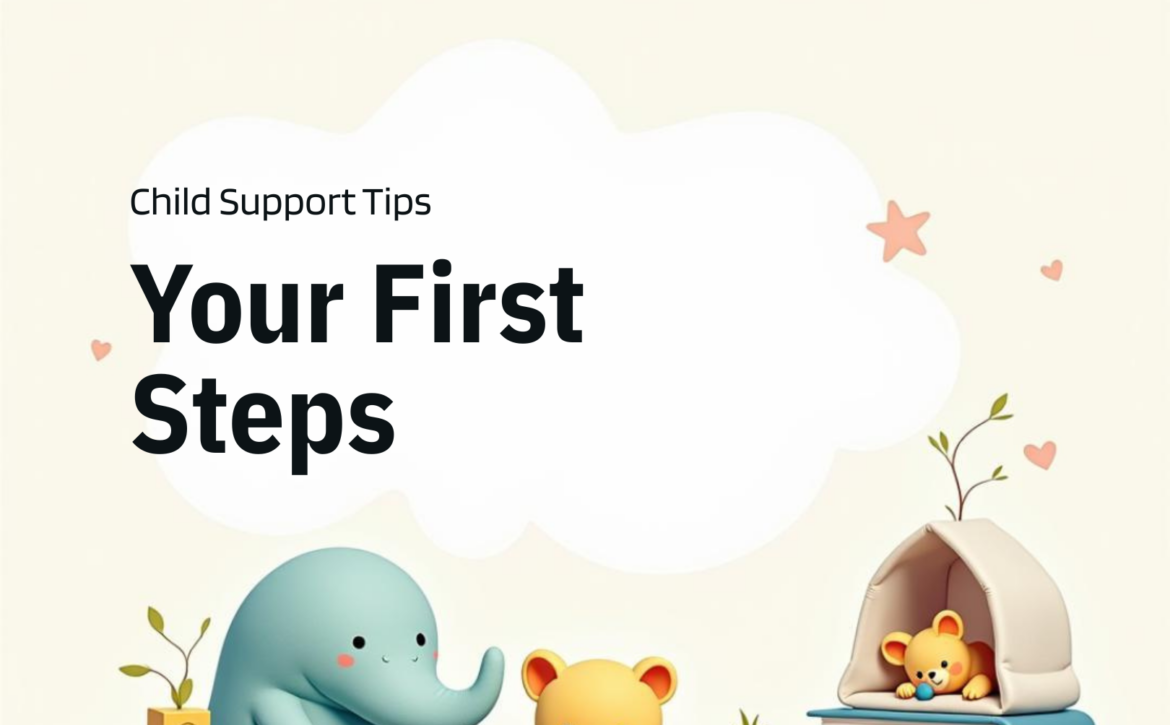How to Choose the Right Child Development Center: Questions to Ask
“Not all centers are the same—find the one that’s the right fit for your child.”
Choosing the right developmental support services for your child can be a daunting task. You want a center that not only provides excellent therapy but also understands and supports your child’s unique needs. With so many options out there, where do you even begin?
The American Psychological Association (APA) recommends that parents consider a few key factors when selecting a child development center. Here are the top questions you should ask before enrolling your child in any program:
📋 1. What is the experience of the staff?
Ask about the qualifications and experience of the staff members, including their education, training, and experience working with children with developmental delays. It’s important that the therapists have specialised training in early childhood development and the specific needs of your child.
🏢 2. What is the center’s approach to therapy?
Different centers have different methods and approaches. Some may offer a more structured, academic-focused environment, while others may have a more play-based approach. It’s essential to choose a center where the therapy approach aligns with your child’s personality and needs.
🤝 3. How will the center involve parents in the process?
Effective therapy programs recognise the importance of parental involvement. Ask how the center plans to communicate with you about your child’s progress. Is there a system in place for regular updates? Will you be included in the development of your child’s therapy goals?
📅 4. What is the schedule and flexibility?
Consider how the center’s hours fit with your daily routine. Do they offer flexible scheduling options to accommodate your work and personal life? Some centers offer after-school or weekend sessions, which may be essential if you are a working parent.
🌱 5. What additional support services are offered?
It’s important to ask about any additional services the center offers, such as speech therapy, special education, or social skills training. Does the center provide a comprehensive approach to address all aspects of your child’s development?
We offer a comprehensive range of services, including speech therapy, occupational therapy, and special education support, all under one roof.
Choosing the right center is critical to ensuring that your child gets the best start. At Child Development Center By Alpine First Step, we offer a supportive, compassionate environment that provides personalised care for each child’s unique needs.




